January 2023
-
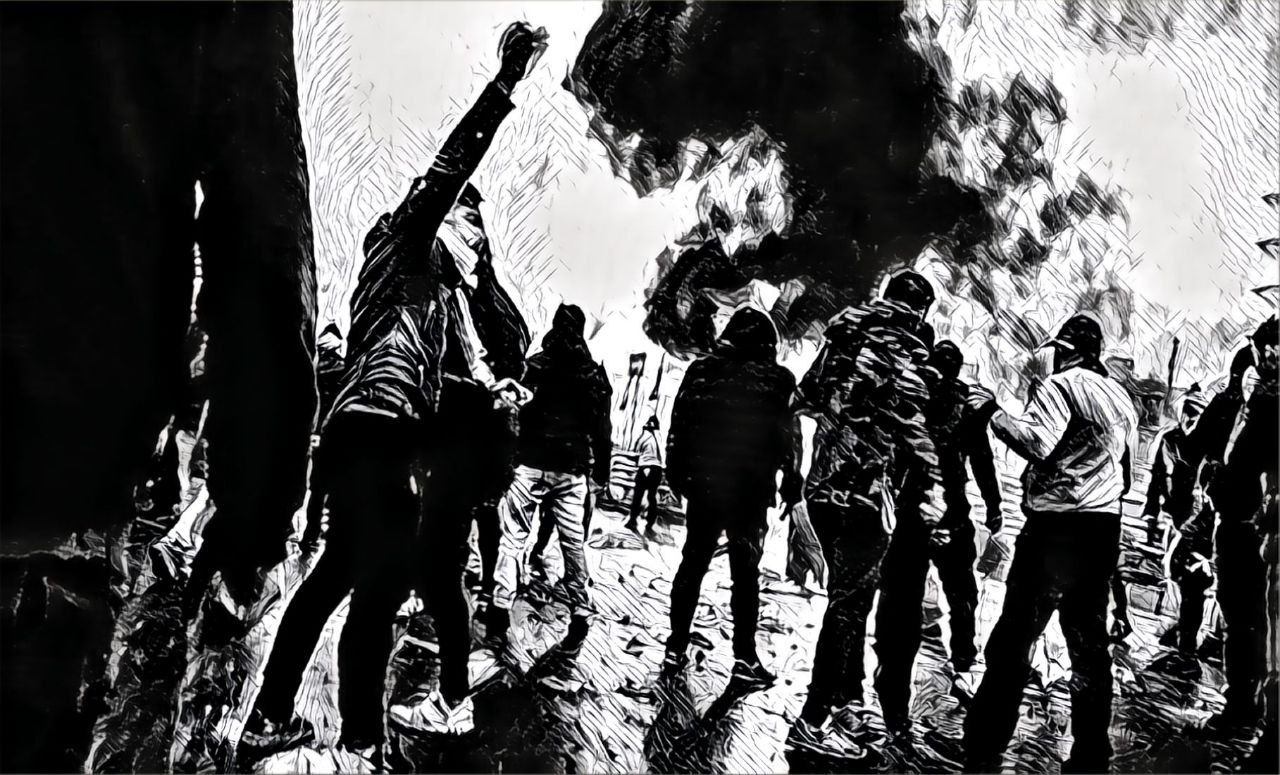
The Aesthetics of the post-Aban Uprising
•
Here we talk about Marxist aesthetics, which does not examine a mechanical opposition of form and substance or the primacy of spirit over matter, and neither it examines the objective and subjective aspects of phenomena separate from each other; but, as a unique aesthetic, tries to examine the relationship between…
-
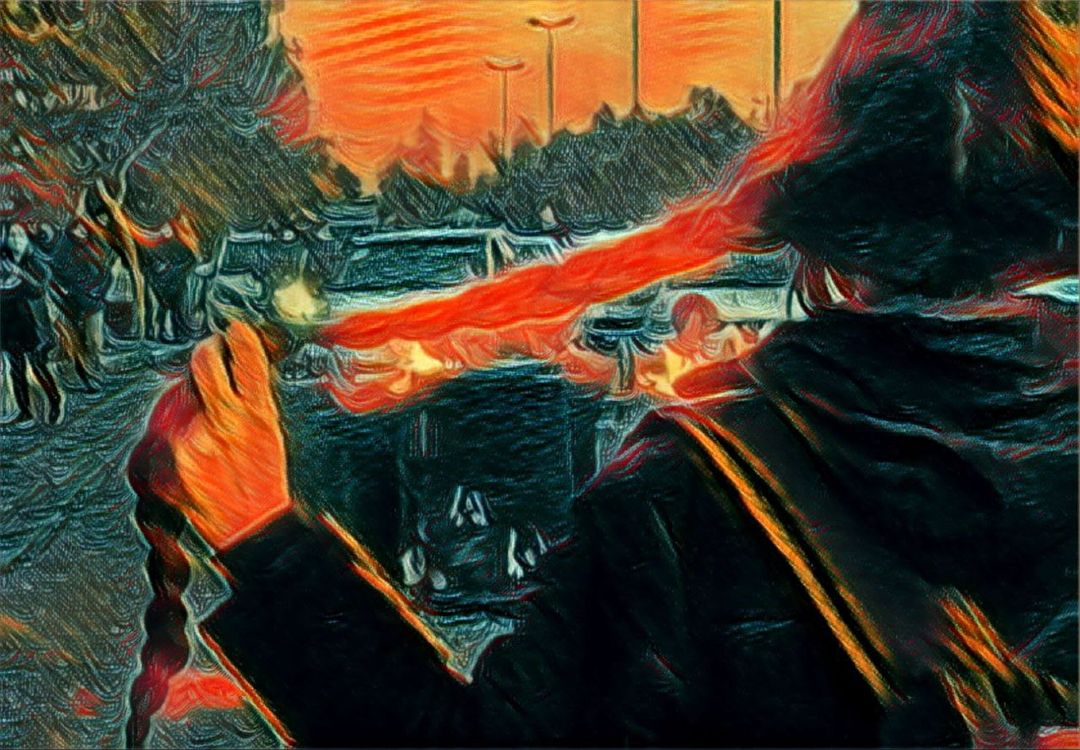
Thanks, but Iranian people don’t want a Zelensky!
•
The revolutionary rise of “Women, Life, Freedom” has resulted in opposition from workers, women activists, and young people seeking freedom and equality not just against the capitalist government, but also against the manufacturing pro-Western leaders and alternatives. The freedom and equality movement seeks nothing less than the end of capitalist…
-
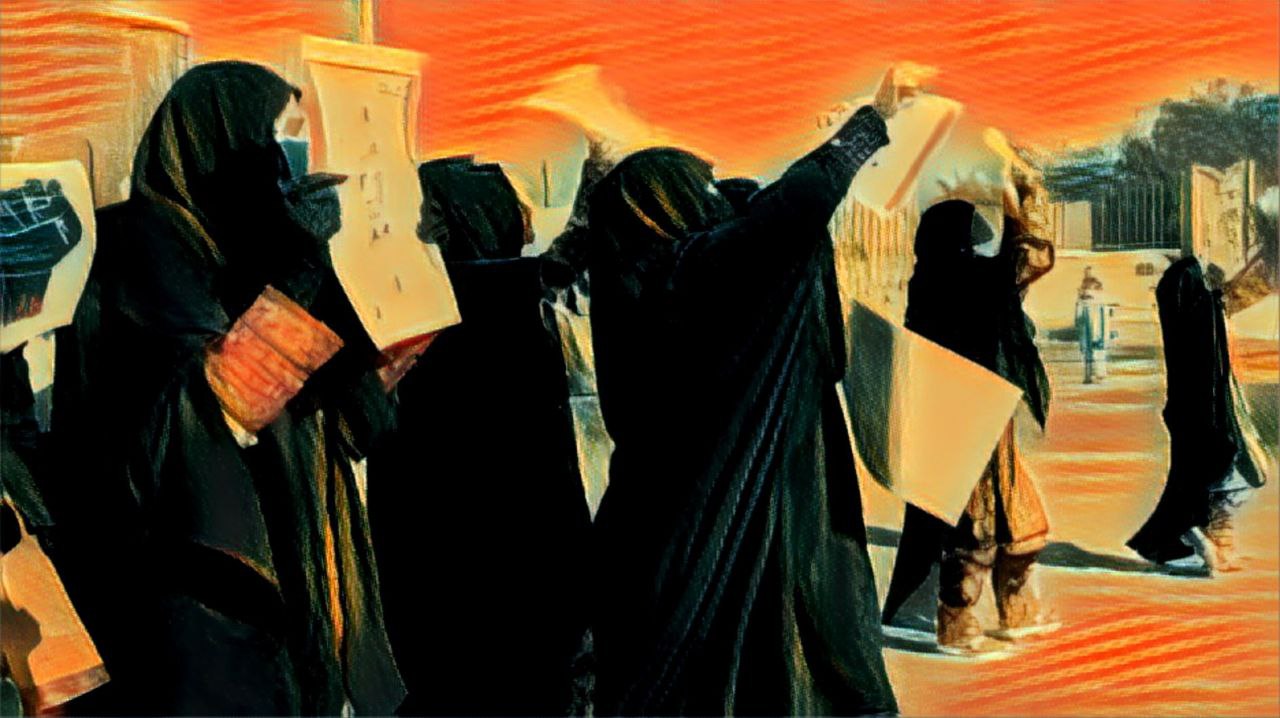
Balochistan’s Struggle Against Religious Intolerance
•
In the early days of the Zhina uprising and the Zhin, Zhian, Azadi movement, Baloch women joined forces with their sisters to fight against religious fundamentalism and misogynistic society in Baluchistan/Iran. They demanded gender equality, recognition of female identity, and participation in Baloch nationalism and public life. This movement evolved…
-
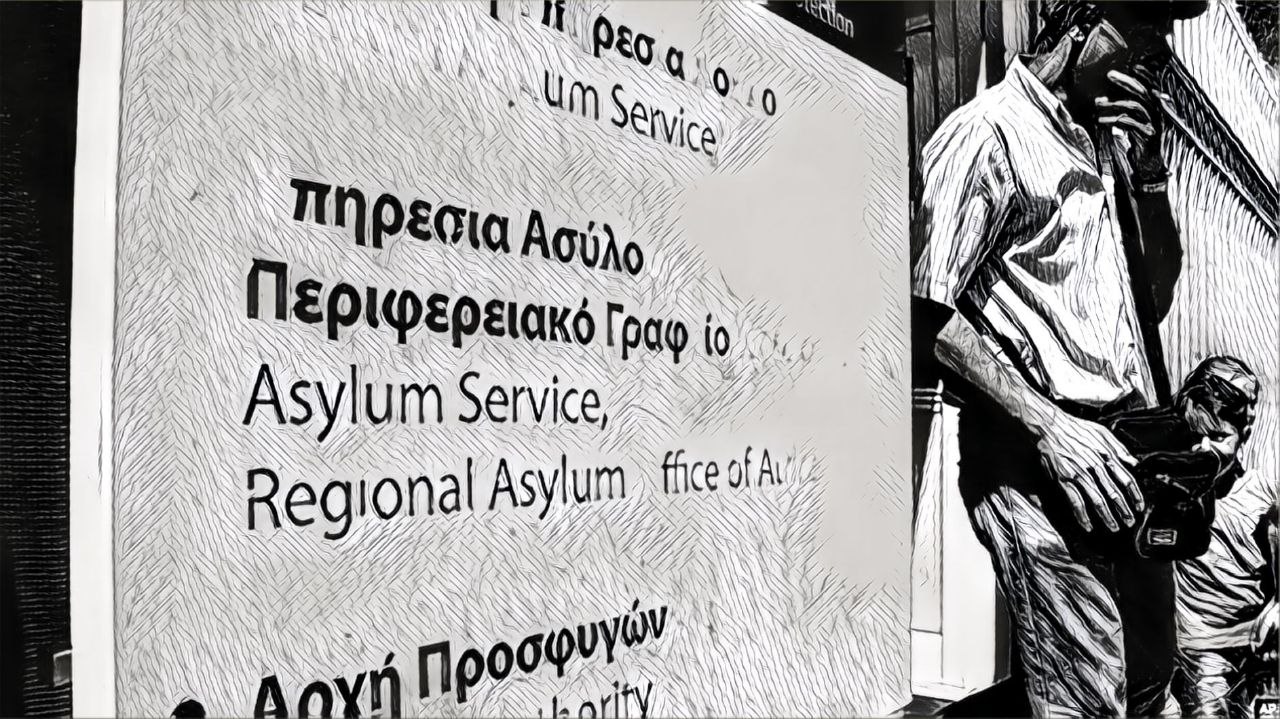
Renewal of Residence Permits in Greece: Caught in Legal Limbo
•
A large crowd of beneficiaries of international or subsidiary protection have not been able to renew their residence permits, and are only receiving a 6-month certificate confirming that their renewal is pending. This can cause serious problems in many areas, including employment and insurance. Although they have these certificates, many…
-
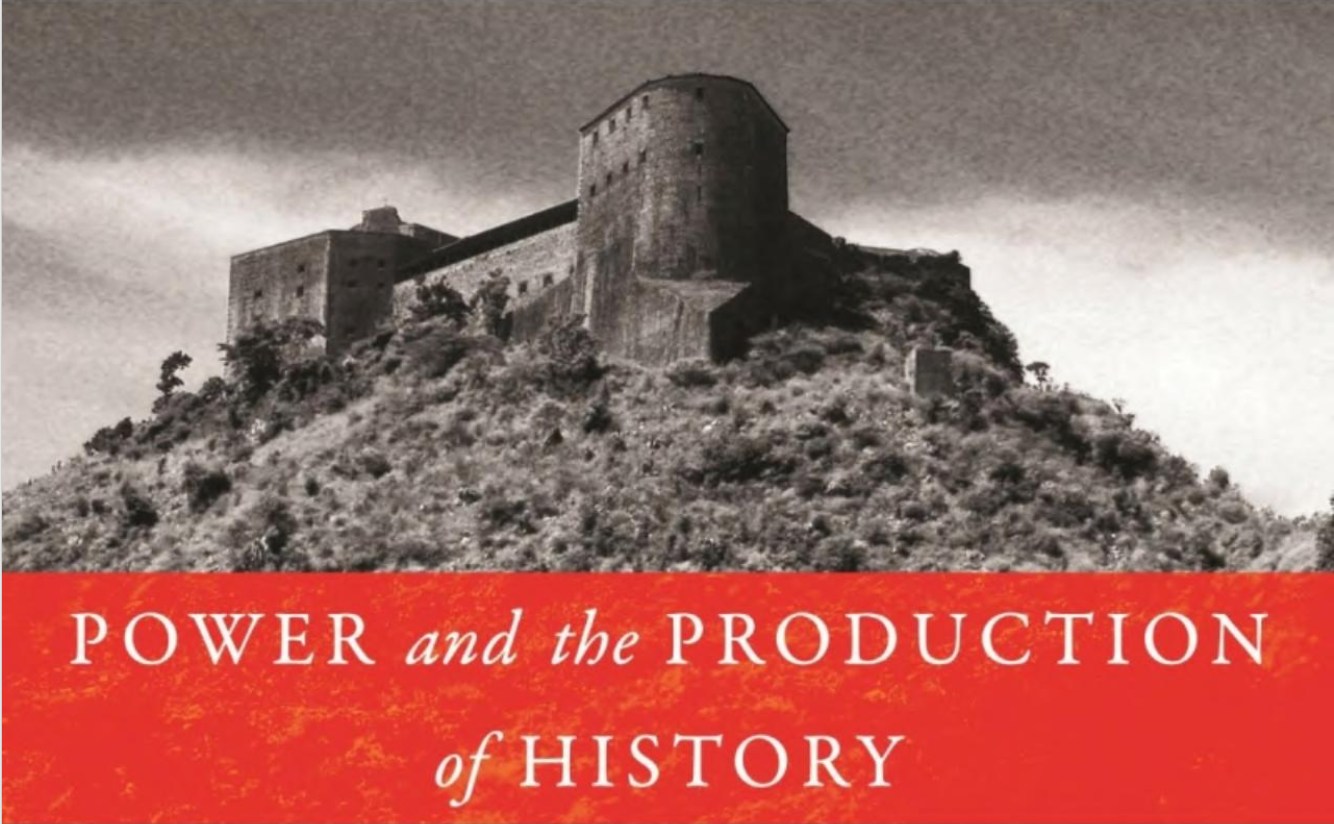
Power and the Production of History
•
Trouillot argues that history is not simply a neutral record of past events, but a product of the social, political, and economic structures of the present. He contends that the way in which history is written and the stories that are told reflect the interests and perspectives of those in…
-
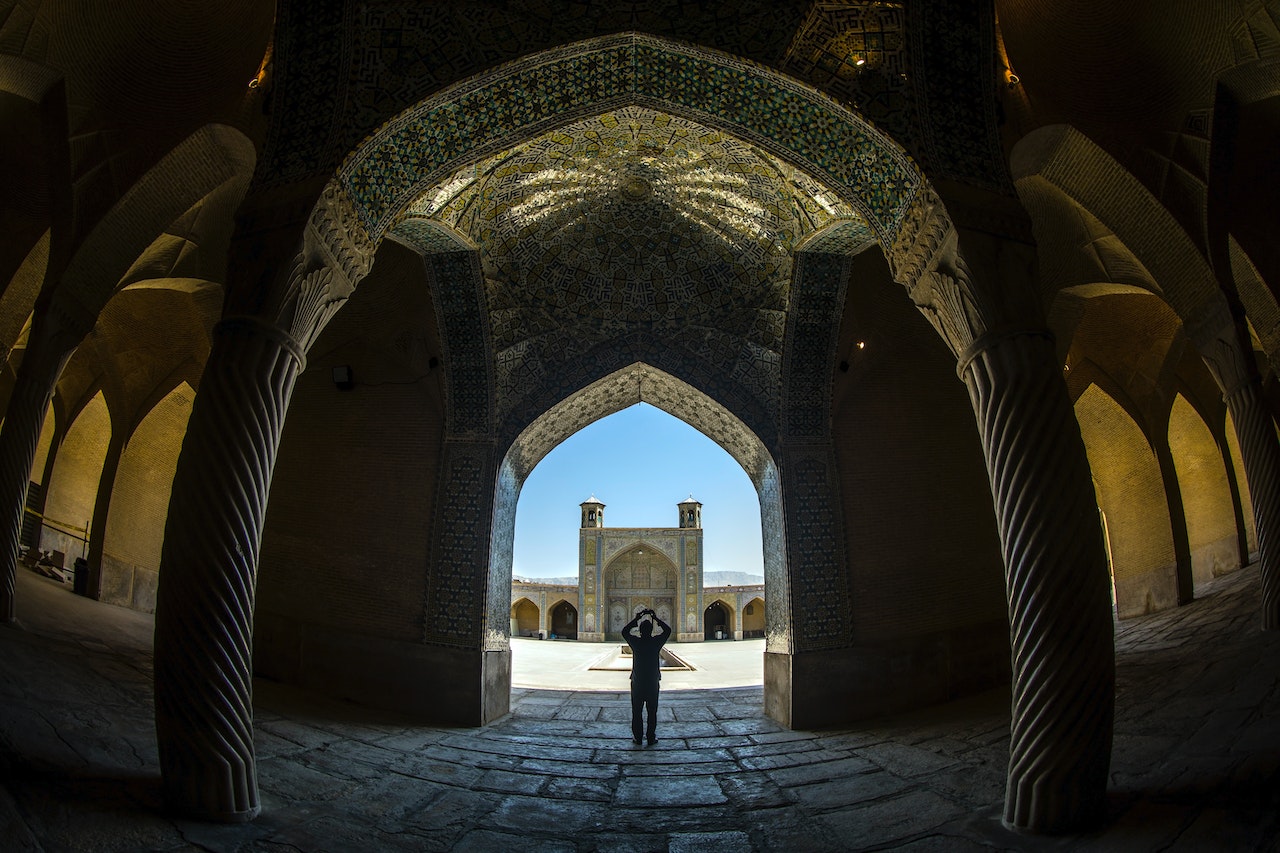
Bypassing Religion in Iran? A Rare TV Debate
•
Recently, a TV debate on women’s rights in Iran has caused controversy. Dr. Maryam Nasr, a member of the Women’s Studies Department at the Research Institute of Humanities and Cultural Studies, and a clergyman named Majid Dehghan, a faculty member at the Women and Family Research Institute, discussed the topic…
-
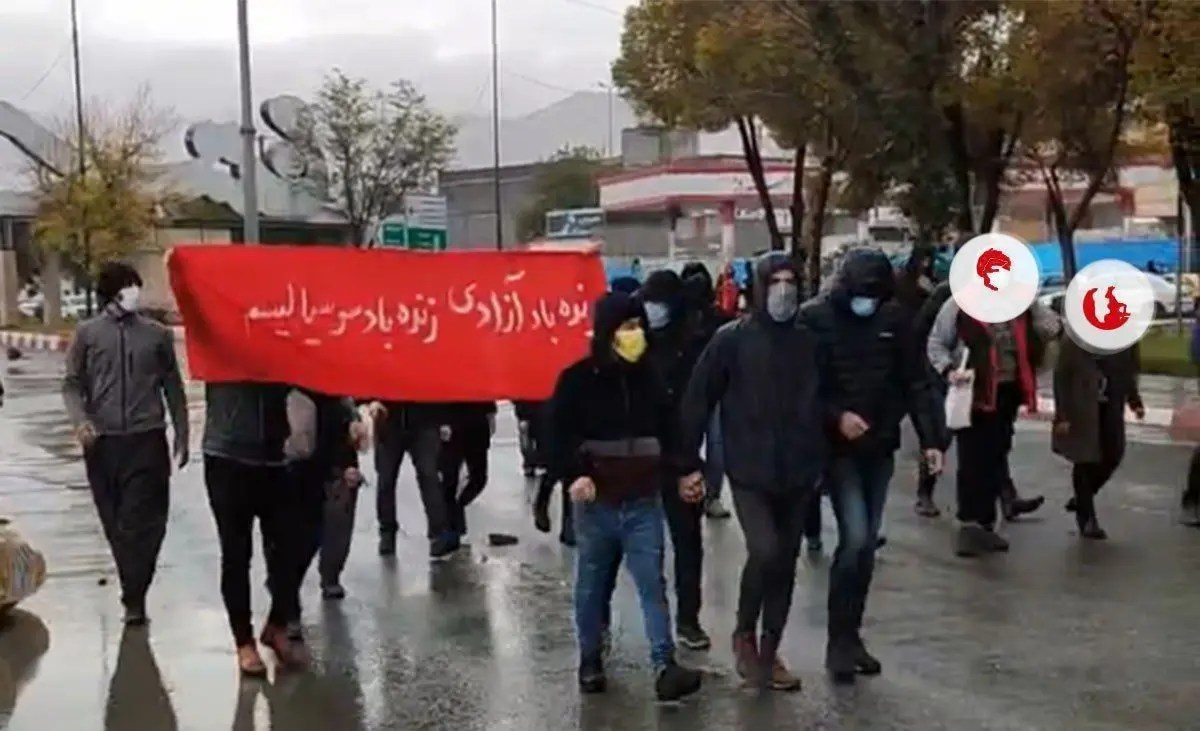
United Against Brutality: A Call for Solidarity with Iranians
•
To date, they have received 200 signatures from over 20 countries. Signatories include individuals from various professions such as academics, doctors, lawyers, journalists, and artists, as well as representatives from trade unions, political and associative organizations.
-
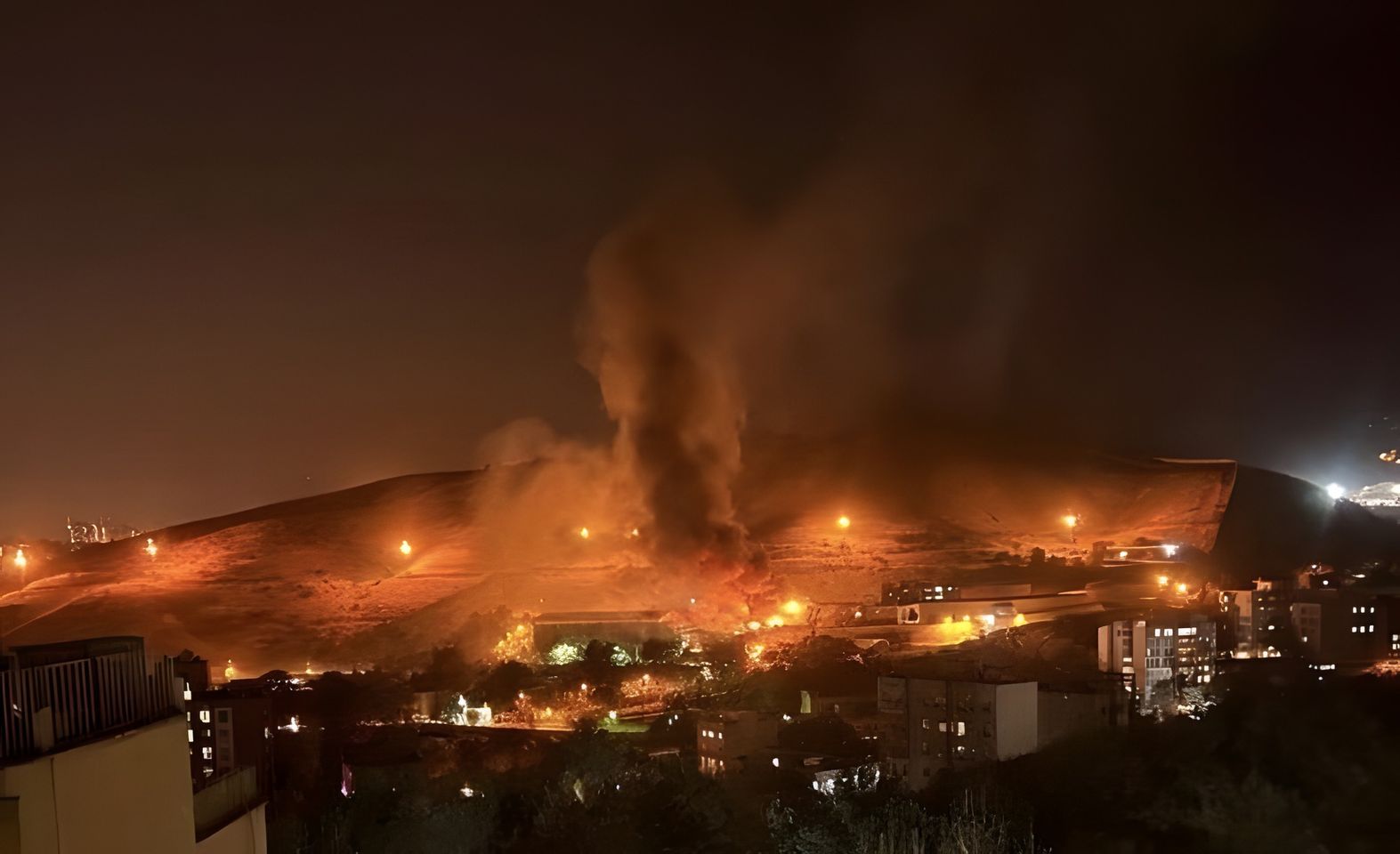
Evin’s Dark Night:
A Report on the Killing, Torture, and Transfer of Political Prisoners during the October 15th Fire•
On October 15th, a tragic event occurred at Evin prison in Iran, one of the country’s most feared facilities. Despite the passage of three months, the exact details of what happened remain a mystery, as independent investigations are not permitted in the Islamic Republic. Among the prisoners held at Evin…
-
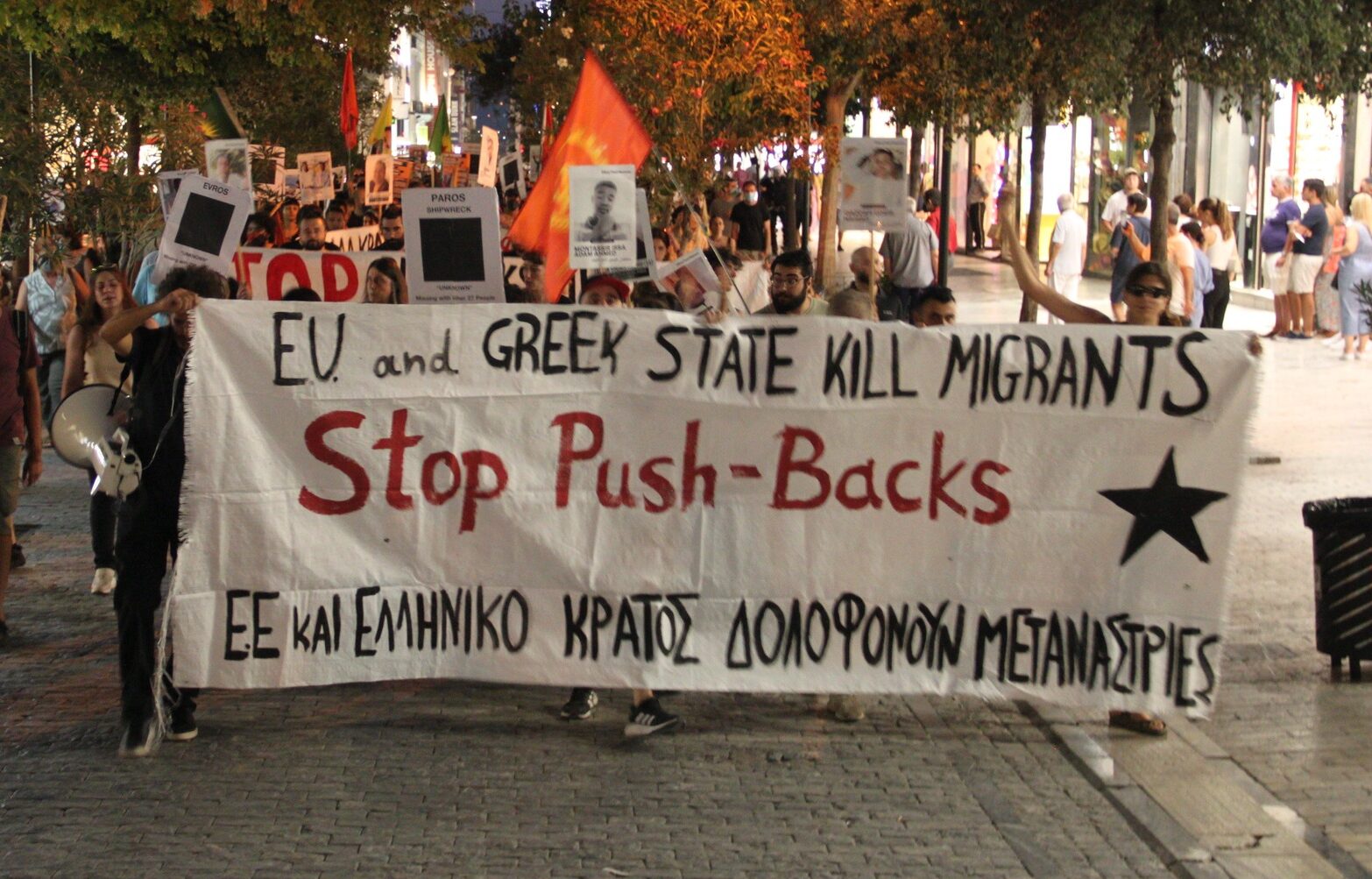
Greece’s Pushback Problem:
Evidence Mounts as Denials Persist•
Greece has been facing accusations of illegal pushbacks of migrants and asylum seekers for several years. However, the country’s Minister of Migration and Asylum, Notis Mitarachi, recently denied that there is any truth to these claims. Despite this denial, evidence of illegal pushbacks has continued to surface in increasing numbers…
-
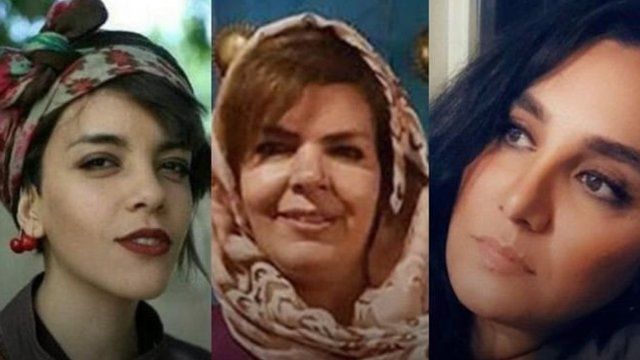
Iranian Feminist May Face Death Penalty for Protesting Compulsory Hijab
•
Mozhgan Keshavarz, an Iranian feminist, was arrested in early 2019 along with two other women’s rights activists, Munirah Arabshahi and Yasman Ariani (mother and daughter), for protesting against the compulsory hijab. Before their arrest, these three had published a video on social media giving flowers to women in the metro…
-
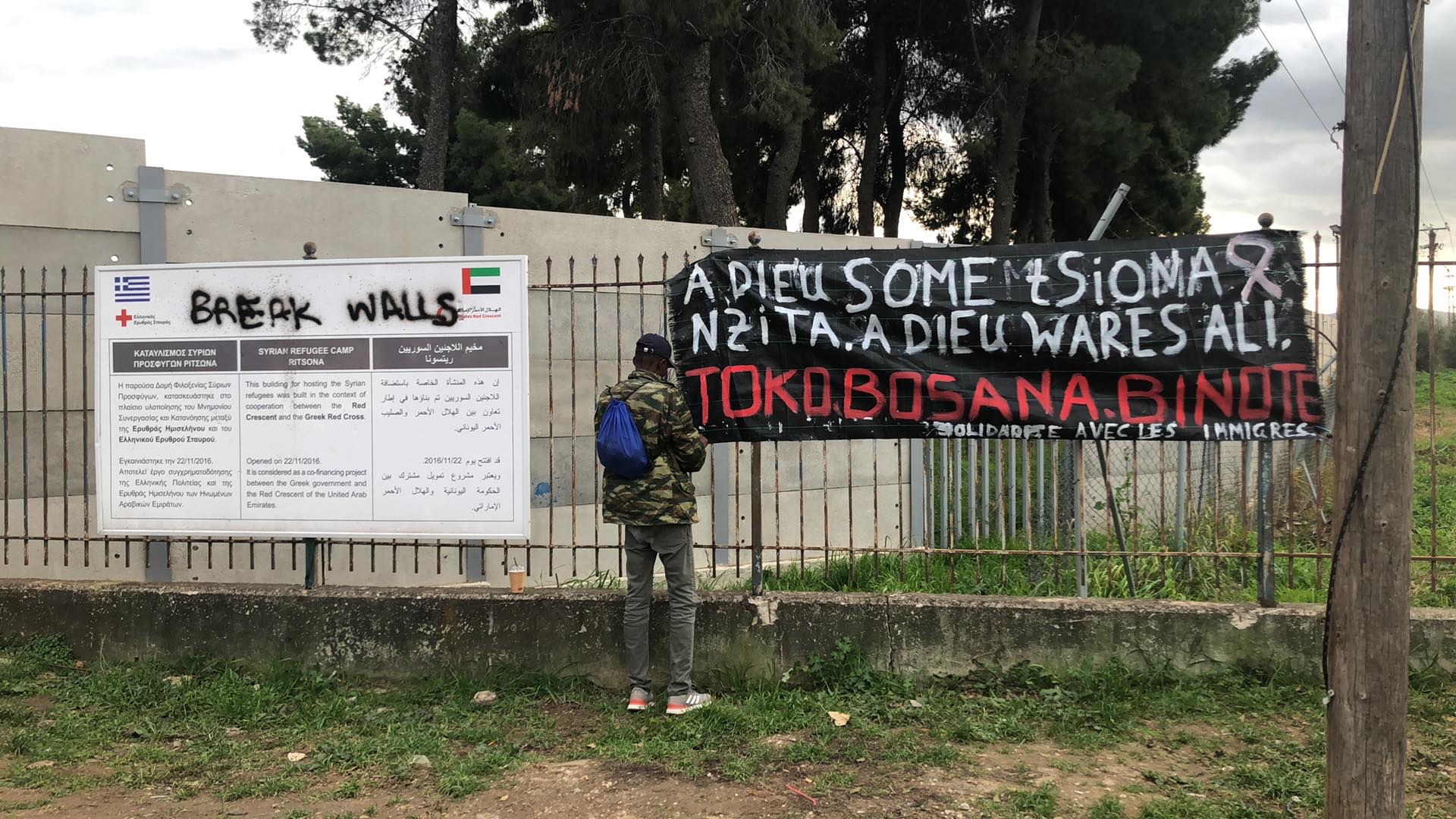
Inadequate Care: The Plight of Medical Aid for Refugees in Greece’s Camps
•
Waris Ali and Tsiona Nzita are two resent examples of individuals who have died in the refugee camps due to lack of access to medical care. The reason for the death of both of them was the long delay in the arrival of the ambulance.
-
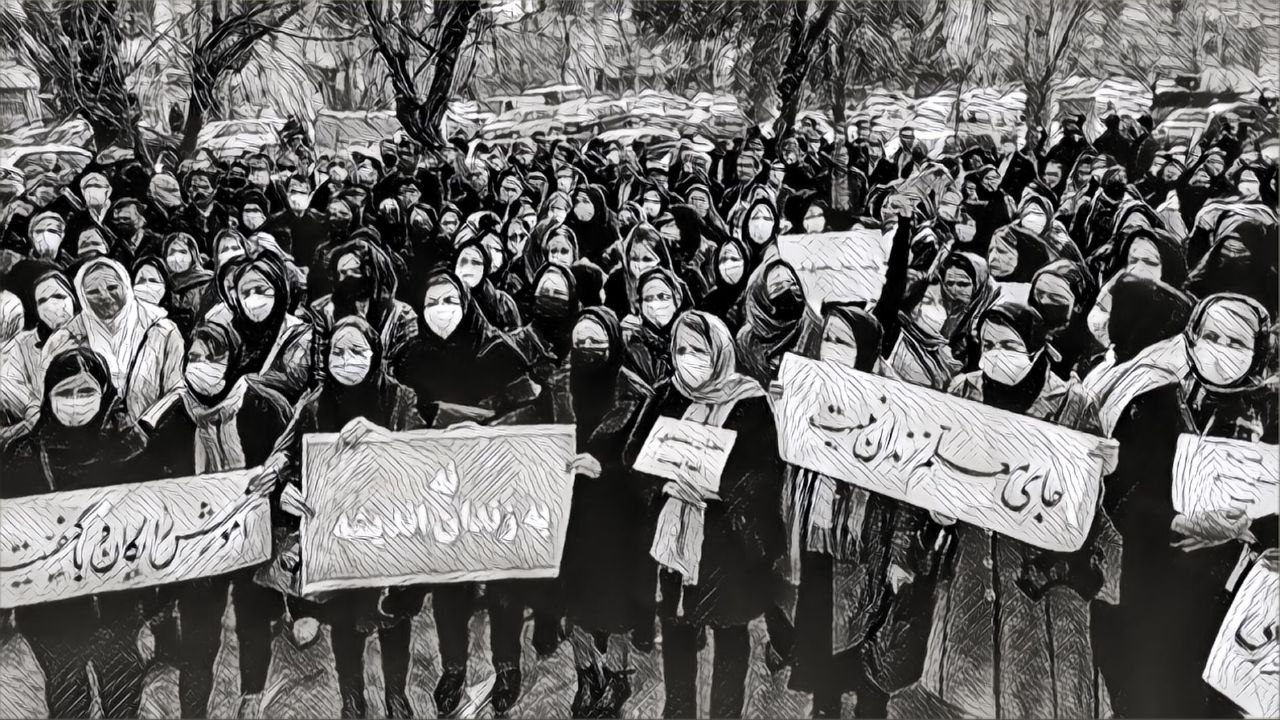
Voices of Iranian Educators:
Insights on Challenges and Demands•
Rasool Bodaghi is a teacher and a member of the Union of Iranian Educators. Bodaghi has dedicated his life to improving modern education and ensuring that all Iranian children receive a quality, free, and equal education. In a recent note written from Evin prison, he spoke about the demands of…



